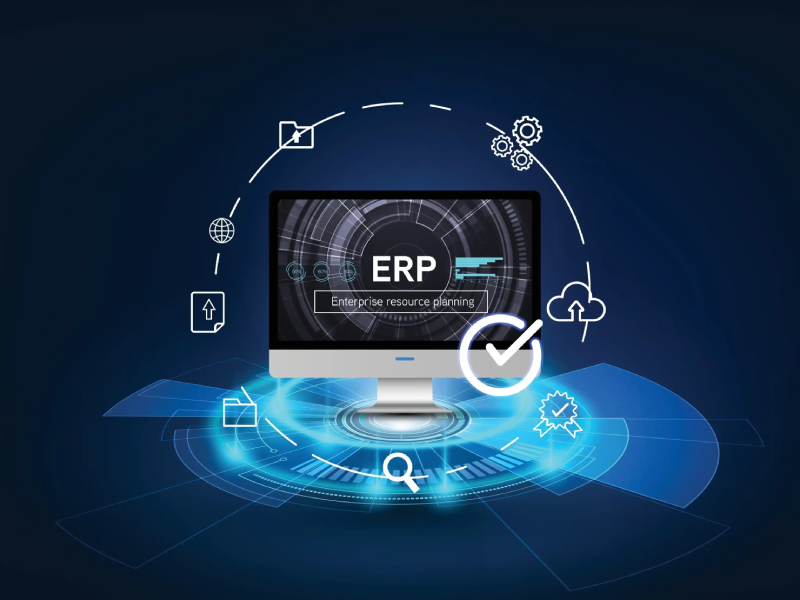
Inniti Software stand as the best ERP solution Consultant for every industry. In today’s fast-paced and highly competitive business environment, staying ahead of the curve is crucial for any organization. This is where ERP software comes into play. Whether you run a small startup or a large multinational company, ERP software can significantly streamline your business operations and drive efficiency. But what exactly is software, and how can it benefit your organization? In this comprehensive guide, we’ll break down everything you need to know about ERP software, from its definition and core features to the key advantages it brings to your business.
If you’re new to the world of ERP software, don’t worry. We’ll walk you through the basics and provide clear, easy-to-understand explanations of how this powerful tool can transform your business management practices. By the end of this, you’ll have a solid understanding of what ERP software is, how it works, and why it's an essential part of modern business management.
ERP software or Enterprise Resource Planning software is a suite of integrated applications that businesses use to manage and automate core business processes. These processes include finance, supply chain, manufacturing, procurement, inventory, human resources, customer relationship management (CRM), and more. The goal of ERP software is to create a unified system that improves efficiency, reduces operational costs, and enhances business decision-making.
At its core, ERP software brings together disparate systems and functions within an organization into one centralized platform. This eliminates the need for separate software solutions for each department, making it easier for businesses to track, manage, and optimize their operations.
The fundamental concept behind ERP software is integration. The software connects various departments and functions within an organization to create a unified, real-time view of the business. By streamlining data flow and reducing redundancy, ERP software helps businesses eliminate silos and ensure that everyone has access to accurate and up-to-date information.
For example, an ERP software system might allow a sales team to track customer orders, while the inventory team can see if there’s enough stock to fulfill those orders. Similarly, the finance team can access real-time data on expenses, revenue, and profits, helping them make informed decisions about budgeting and forecasting.
The features of ERP software can vary depending on the specific system and the needs of the business. However, most ERP software platforms share several core features that make them valuable for businesses of all sizes:
The benefits of ERP software extend far beyond just automation. Here are some key advantages that ERP software brings to businesses:
At Inniti Software, we specialize in providing businesses with ERP software solutions that are designed to streamline operations, reduce costs, and improve decision-making. Our team of experts works closely with you to understand your business needs and tailor the system to suit your specific requirements. Whether you're a small business or a large enterprise, Inniti Software can help you implement an ERP system that drives efficiency, collaboration, and growth.
We prioritize user-friendly interfaces, advanced functionality, and excellent customer support, ensuring that your business can leverage the full potential of ERP software. With Inniti Software, you’re not just investing in a software solution; you’re partnering with a team that’s committed to your long-term success.
Choosing the right ERP software is an essential step for any business looking to improve efficiency, reduce costs, and make better decisions. By integrating various functions and automating key processes, ERP software provides businesses with the tools they need to streamline operations and stay competitive. At Inniti Software, we provide customized ERP solutions that can help your business thrive in today’s fast-paced environment.
For more information about our ERP software solutions, call us at +91 9904040186 or email us at info@innitisoftware.com. Let us help you take your business to the next level with a tailored ERP system that fits your need.
#Why Inniti Software Stands Out as the Ultimate ERP Consultant? | #Learn How to Choose Construction ERP Software for Your Construction Business | #What is ERP Software? A Beginner’s Guide to Business Management Tools | #Top Features to Look for in Manufacturing ERP Software in India Projects | #What is GRN in Manufacturing?